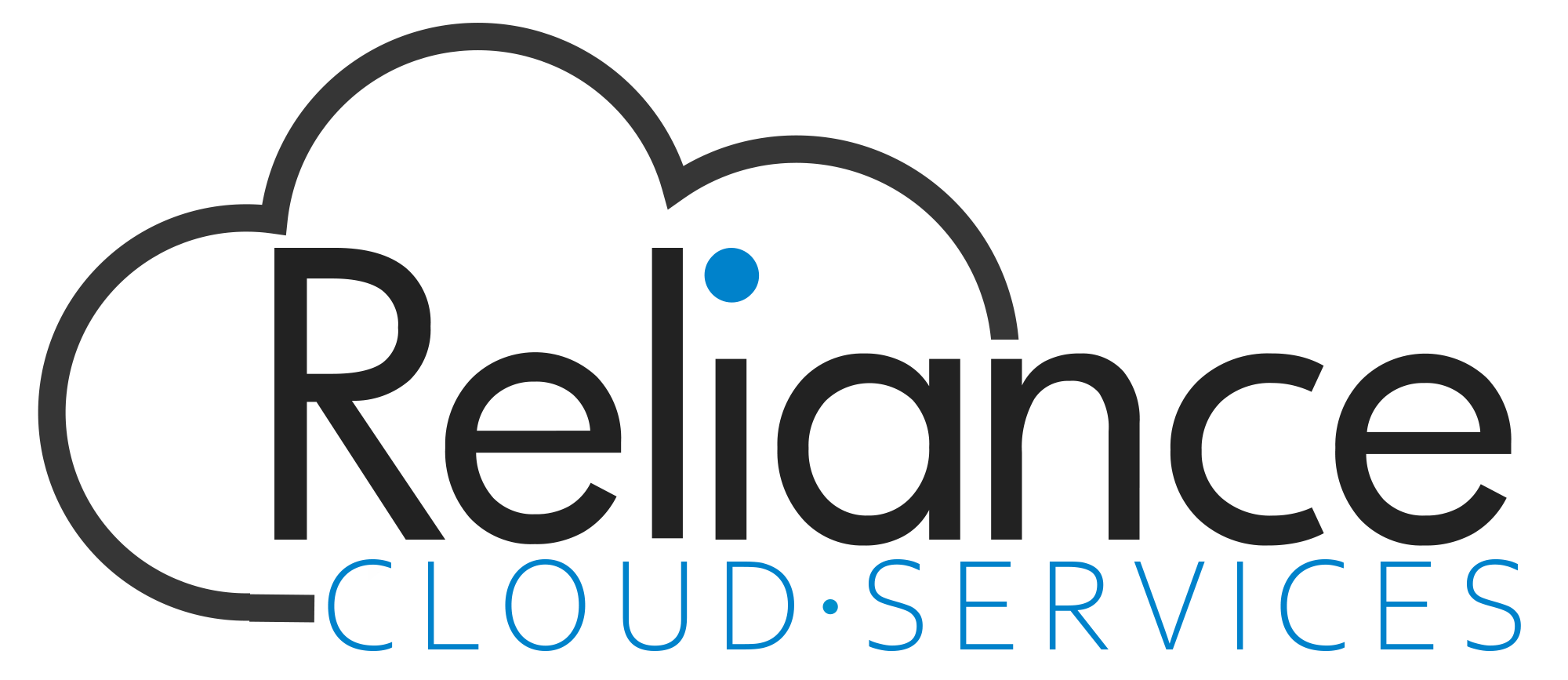Cloud-Based Access Control Solutions
Cloud-Based Access Control Solutions
An intelligent blend of security and convenience, governing entry permissions remotely through the cloud, and offering enhanced scalability and flexibility
Why Consider a Cloud-Based Access Control Solution?
Why Consider a Cloud-Based Access Control Solution?
Cloud-based access control systems are revolutionising the way organisations manage entry and security, offering unprecedented flexibility, security, and efficiency. Here are the four key advantages driving their increasing adoption:

Unmatched Protection
Unmatched Protection
Cloud-based access control systems provide superior security compared to traditional on-premises solutions. These systems enhance security through:
SYSTEM SECURITY
Leveraging the cloud for continuous updates and protection against cyber threats, ensuring that the access control system remains resilient against attacks.
PERMISSION MANAGEMENT
Implementing multi-factor authentication (MFA) and role-based access controls (RBAC), ensuring that only authorised individuals can access specific areas within a facility.
DATA PRIVACY
Rigorous control over data access and activity monitoring helps in preventing unauthorised sharing of sensitive information and ensures that privacy is maintained.
Mobile Credentials
Mobile credentials are digital alternatives to traditional physical access cards or keys, stored on a smartphone or other mobile device. Users can securely access buildings or facilities by presenting their mobile device. This eliminates the need for carrying multiple cards or keys, streamlining access management processes. Mobile credentials also offer added flexibility, allowing administrators to remotely issue or revoke access permissions, enhancing security and convenience for users
Biometrics
Biometrics refers to using unique physical or behavioural characteristics, such as fingerprints, facial features, or iris patterns, to identify individuals. Instead of relying on traditional methods like keys or passwords, biometric systems verify a person's identity based on these distinct traits. This technology offers enhanced security and convenience, as individuals don't need to remember passwords or carry physical keys.

AVAILABILITY
AVAILABILITY
Reliable Access Anytime, Anywhere: With data stored in the cloud, users benefit from reliable system access, regardless of local hardware issues. This contrasts sharply with traditional systems, where hardware failures can lead to system unavailability.
-T-C-O-
SCALABILITY
SCALABILITY
Flexible and Scalable Solutions: Cloud-based systems offer unparalleled scalability, allowing organisations to easily adjust their access control needs without expensive hardware or extensive reconfiguration. Whether scaling up or down, cloud can accommodate changing business needs with ease, making it an ideal solution.
Get in touch for a one-on-one consultation
Let's collaborate to identify your specific needs and tailor the perfect security solution.
What is the Future of Access Control?
True Cloud vs Hybrid Cloud
Our Cloud Partners
Secure your facilities with our Controlled Access solutions, featuring technology from industry-leader Brivo. Gain superior control over who enters your premises and when, while benefiting from scalability, ease of use, and seamless integration with existing systems.
Safeguard your premises with our Controlled Access solutions powered by Verkada’s cloud-managed technology. Experience robust security combined with user-friendly access control, offering scalable and real-time insights to keep your facilities protected and accessible.
Ensure secure access to your facilities with Honeywell’s advanced solutions. Our partnership with Honeywell delivers reliable, innovative access control systems designed for seamless integration and enhanced security across any environment.
Get in touch for a one-on-one consultation
Let's collaborate to identify your specific needs and tailor the perfect security solution.





